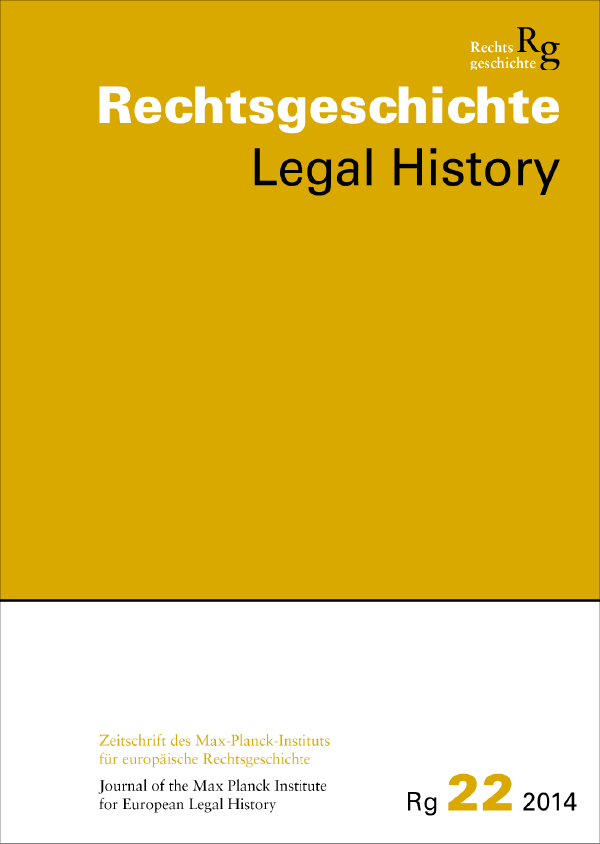El pensamiento alemán en el derecho penal argentino
DOI:
https://doi.org/10.12946/rg22/192-212Abstract
The purpose of this essay is to address, from a historical perspective, the influence of German thinking (German philosophy, German dogmas) on the Argentine criminal law, by recalling the way in which different German theorists have been read and received in Argentina. It attempts to think the Argentine criminal coding as a dialogue – many times as a mere uncritical acceptance – among Latin American jurists and codifiers and German thinkers, in their different expressions and historical stages. Different debates are analysed –such as the polemic between causalism and finalism– both for the manner in which they have occurred in Germany and for the way in which they have taken place in Argentina (the causalismfinalism debate took place in the difficult 1970s in Argentina), especially considering the political context in which said polemics have occurred, the meaning of such debates – and what taking certain positions meant – according to the political context in which they took place. Thus, the aim is to devise an outlook of the current discussion in the Argentine criminal law, highlighting the historical analysis of the problems still faced by Criminal Law, attempting to create, in turn, a critical, conscious criminal thinking – but not a hostage – of the European influences, that is to say, a critical criminal thinking which takes into account the particular social and historical context of the region where the law is applied.
Downloads
Veröffentlicht
Zitationsvorschlag
Ausgabe
Rubrik
Lizenz
Copyright (c) 2014 Autor/in

Dieses Werk steht unter einer Creative Commons Namensnennung - Nicht-kommerziell - Keine Bearbeitung 3.0 International -Lizenz.





